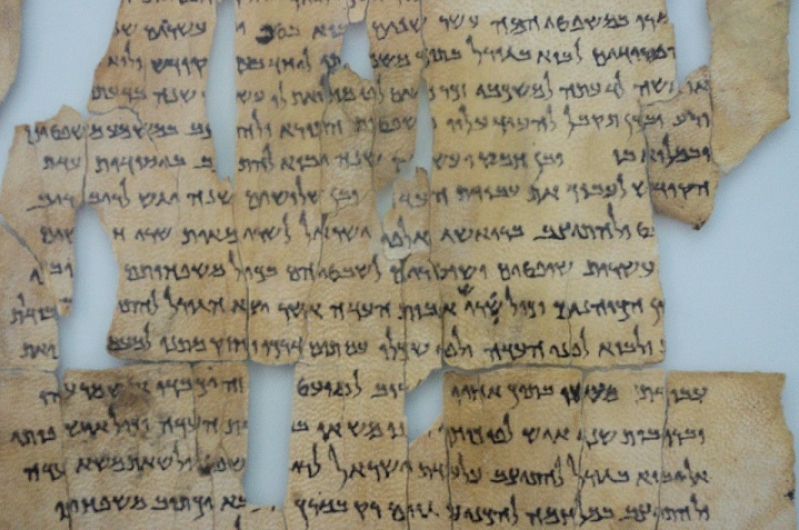
Palestinians are preparing to lay claim to the Dead Sea Scrolls at the United Nations Educational, Scientific and Cultural Organization, Israeli authorities discovered earlier this month.
Eitan Klein, a deputy director of the Israel Antiquities Authority, said he was informed that Palestine informally brought up the issue at the Intergovernmental Committee for Promoting the Return of Cultural Property to its Countries of Origin or its Restitution in case of Illicit Appropriation. Israel is not a member of this committee and only has observer status.
The Palestinians will most likely file an official request next year.
“This is another instance of provocation and the ‘hutzpah’ of the Palestinians trying to rewrite history and erase our connection to our land,” Carmel Shama-Hacohen, Israel’s envoy to the UN culture body, said, according to Times of Israel.
The Dead Sea Scrolls are considered as one of the most important archaeological findings of Israel. Discovered by a Bedouin shepherd, the scrolls contain the earliest texts of the Hebrew Bible ever discovered and serve as oldest written evidence of Israel’s and Christianity’s ties to the Holy Land.
The scrolls, made of animal skin parchment, contain 981 texts believed to have been written during the time of the Second Temple. Most of the scrolls were written in Hebrew, and a number of them were written in Aramaic and Greek.
“The Dead Sea Scrolls are factual and weighty archaeological evidence of the presence of the Jewish people in the land of Israel," Shama-Hacohen said, according to Israel Hayom.
The scrolls were unearthed in a series of caves at Qumran in the eastern Judean Desert from 1947 to 1956. The area is being claimed by the Palestinians and belongs to a list of preservation areas that Palestine wants to register as a state.
Palestine asserts that because the scrolls were discovered beyond the Green Line, they have been illegally claimed by Israel. However, the area is within West Bank’s Area C, which is under Israel control according to the 1993 Oslo Accords.
At the time of the scrolls’ discovery, Qumran was under British rule. Later on, it came under Jordanian rule, according to Jerusalem Post.
“In any case, just like with the Temple Mount and the Western Wall, the scrolls will stay in our hands and the Palestinians will be left with their dreams,” Shama-Hacohen said.
The news comes after UNESCO passed a series of resolutions that denied Jewish ties to the Temple Mount, a move that Israel claims as the Paletinians’ attempt to rewrite history.






